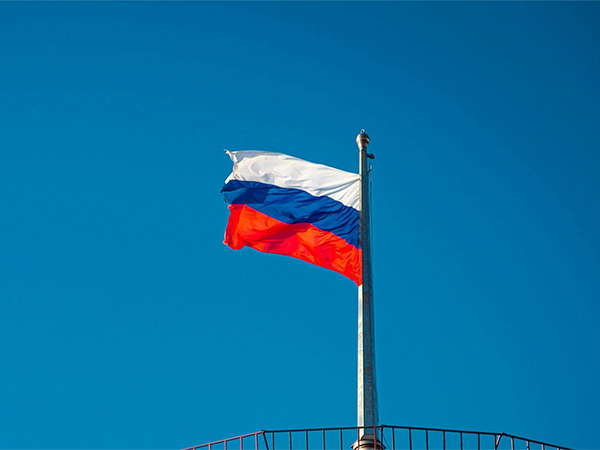Ancient Scandi Discoveries: Neolithic Settlements Unveiled in Russia's Kola Peninsula
Archaeologists from Russia have uncovered four Neolithic settlements on the Kola Peninsula linked to the Scandinavian Gressbakken culture. Recent excavations, conducted in remote areas, revealed 22,000 artefacts and a traditional pyramid dwelling. These findings offer insights into the region's ancient history amid modern industrial developments.

- Country:
- Russia
Moscow, Russia - Archaeologists at the Russian Academy of Sciences have made a significant breakthrough by uncovering four settlements dating back to the Late Neolithic Age in the Kola Peninsula, Murmansk region. These findings are associated with the ancient Scandinavian Gressbakken culture, according to TV BRICS.
The excavations, conducted over several years, involve challenging work in remote areas accessible only by specialized vehicles, as noted by Eurasia Today. In 2024, researchers focused on multiple sites, unearthing an early Neolithic dwelling. This site revealed a unique four-sided pyramid structure, traditionally used by the Saami, an indigenous community of the region. Over 22,000 artefacts, including stone tools and household items, were discovered at the location.
Leading the expedition, Evgeny Kolpakov, from the Institute of History of Material Culture, emphasized the importance of these discoveries. He remarked on the rapid industrial growth around Kola Bay, which could have endangered ancient sites. Recent findings add to the historical narrative, revealing six more sites and settlements from the Stone and Bronze Ages.
(With inputs from agencies.)










